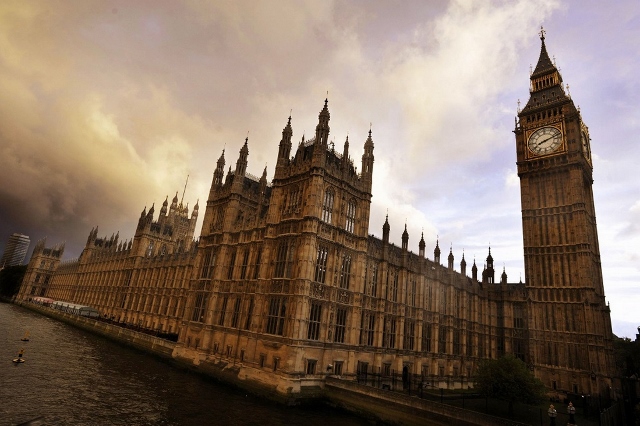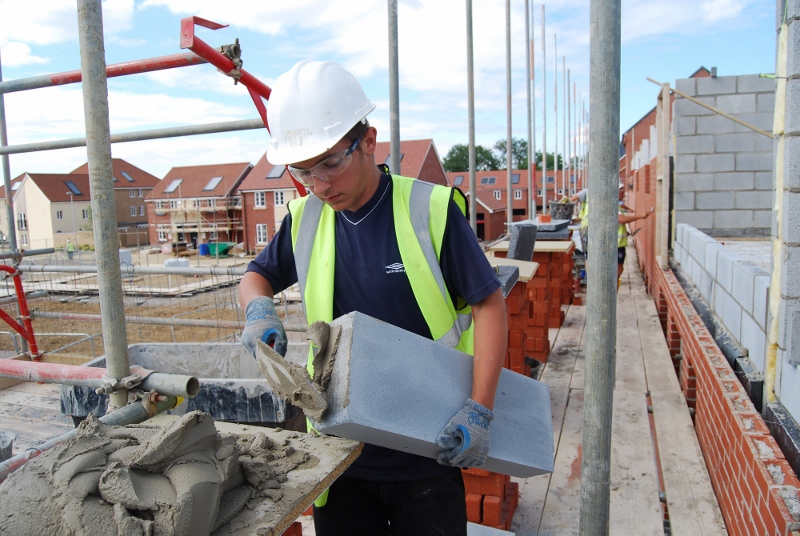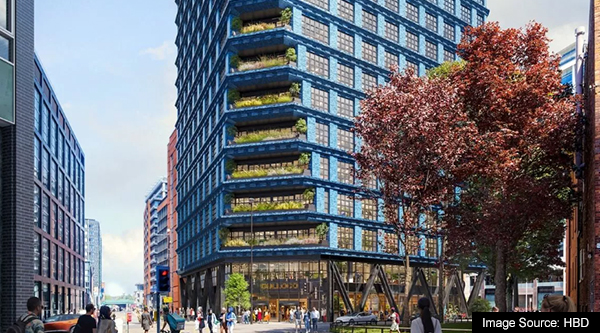British Chambers of Commerce President, Baroness Ruby McGregor-Smith, has written an open letter to the Prime Minister setting out principles for a phased restart of the UK economy.
The leading business group set out its integrated approach, the first step in a three-stage process, as the government prepares to ease initial lockdown restrictions.
The Prime Minister is expected to make an announcement next Sunday, outlining ways in which businesses can safely start to take steps to return to work.
The BCC letter reads: “The fight against the virus must remain the top priority, but the planning and communication of a carefully phased approach to lifting lockdown must begin immediately if we are to harness the public health and economic benefits, both now and in the future.”

Praising the work of Chambers of Commerce across the UK as the “first responders” of the business world, the letter is accompanied by detailed policy proposals for safely reopening the economy, comprising steps to:
- Safely reopen public spaces and restore services (including schools and public transport)
- Safely reopen workplaces and commercial spaces
- Minimise job losses and business failures
- Rebuild supply chains and customer bases; and
- Put the UK economy on a high-growth, high-wage and low unemployment trajectory as soon as possible
The letter continues: “This is a time to be bold. Government should not shy away from sustaining high levels of public spending in order to restart and renew our communities and the economy in the short and medium-term, while not tying the hands of future generations.
“An expansionary fiscal policy, including a commitment to transformative infrastructure investment, will be needed in order to generate the returns that will help to pay down the national debt in the longer-term.
The letter welcomes the “speed and scale" of existing government support schemes and indicates that they will need to “continue to evolve to support a phased restart of the economy, enabling businesses to survive through this crisis and thrive in the future.”
Meanwhile, responding to the Government’s consultation on a phased easing of lockdown, Josh Hardie, CBI Deputy Director General, said: “The challenge of restarting the economy without compromising health unites us all. Partnership between government, businesses and employees is the only way to get it right.
“Lockdown was a necessarily brutal, sharp process, and firms had to wait for clear guidance. Now that is available, many businesses are expanding operations and safely protecting livelihoods. Restart will be more gradual, giving us time to plan and prepare properly. It’s vital to use this time and the CBI welcomes the opportunity to consult on the approach.
“There are clear lockdown lessons that firms will be looking to for the next phase. Restart must put health first, or it will risk sending the economy backwards. It must continue the Government’s approach of flexibility within a framework. This means firms receive clear guidance and can move at speeds that suit their circumstances. Critically, it also means those who have already invested heavily in safety don’t have to start again.
“Restart should also be phased, built on the enablers of revival: schools, transport and testing; and underpinned by a new wave of economic support. It can be the start of economic renewal – with a shared determination to build-in sustainability and fairness to a long-term vision.
“We are in this fight together, so government, business and unions must speak as one throughout to give us the best chance of protecting jobs.”

In the recent RICS webinar, COVID-19: impact on the construction industry, professionals including construction business owners and managers, legal representatives and RICS experts discussed the logistics of running a safe site in the context of the pandemic.
Practical solutions suggested included personal protective equipment, cabins distanced further apart than usual, staggered start times, extra washing points and potentially the addition of a social distancing co-ordinator role.
For many years discussion has been growing about the sector’s slow adoption of digital processes and solutions. But the impact of the virus has meant the take up of technology has been accelerated. Many firms have had no choice but to conduct virtual inspections or run project meetings online. Reliance on BIM has also increased, and as a result common data formats are being used. The wider implementation of technology has meant that some processes have become more agile and quicker.
Alan Muse, Global Built Environment Standards Director at RICS, said: “The crisis is providing a catalyst for change in the industry in terms of the greater adoption of technology, consideration of sustainability and social value impacts, and greater collaboration.
“While most construction has been adversely affected in the short and medium term by closing sites, social distancing, material shortages and investment uncertainty, it will provide an important stimulus to the world economy if governments enable projects to proceed after the virus abates.”





















